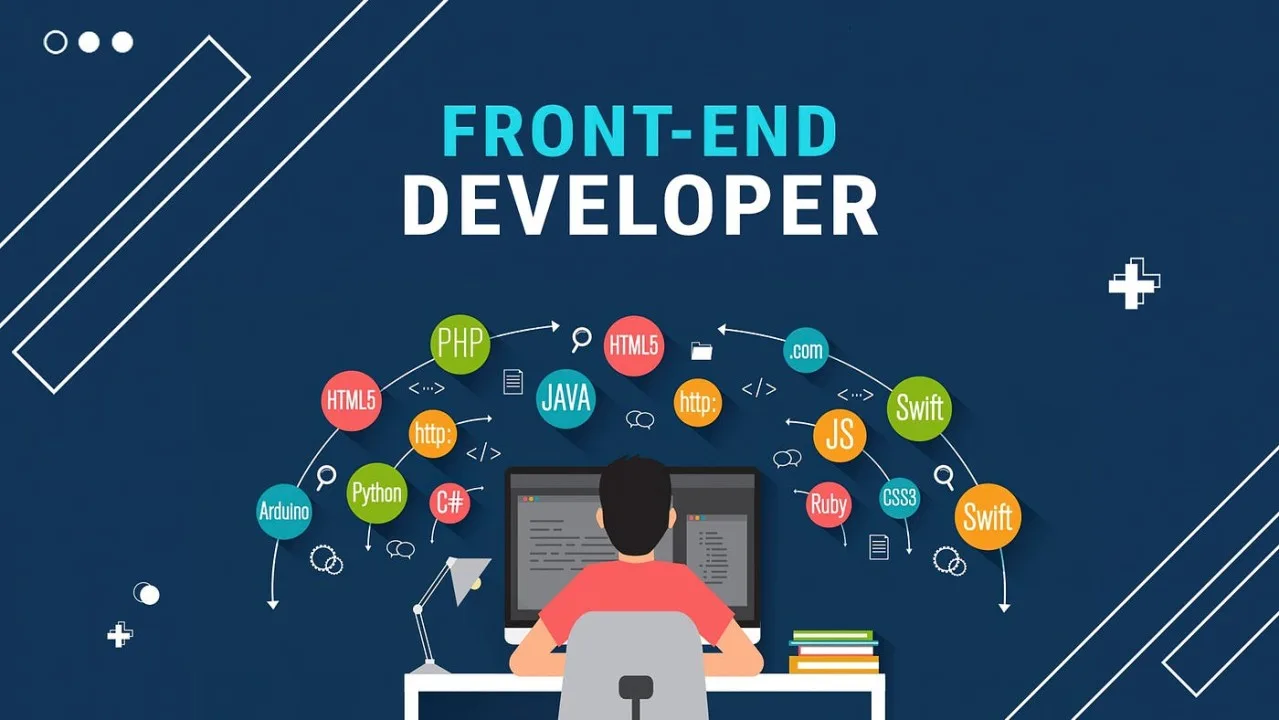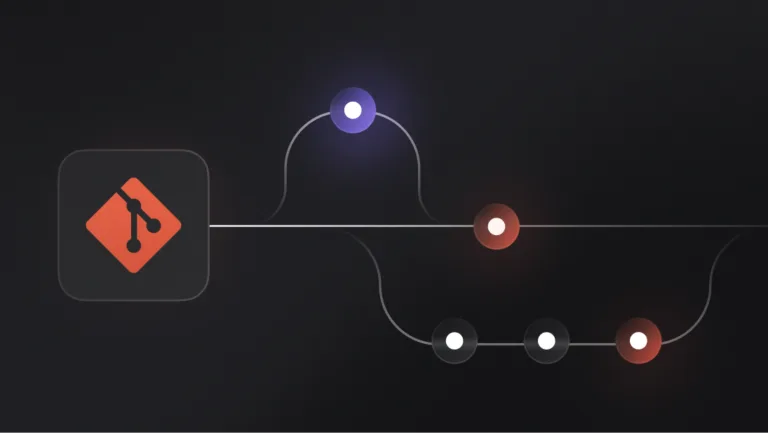Becoming a strong frontend developer requires more than just coding skills. It demands a deep understanding of tools, concepts, and best practices that contribute to building exceptional user experiences. In this comprehensive guide, we’ll explore the essential frontend topics every developer should master to stand out in 2025.
Table of Contents
Essential Frontend Topics
1. Modern JavaScript (ES6+)
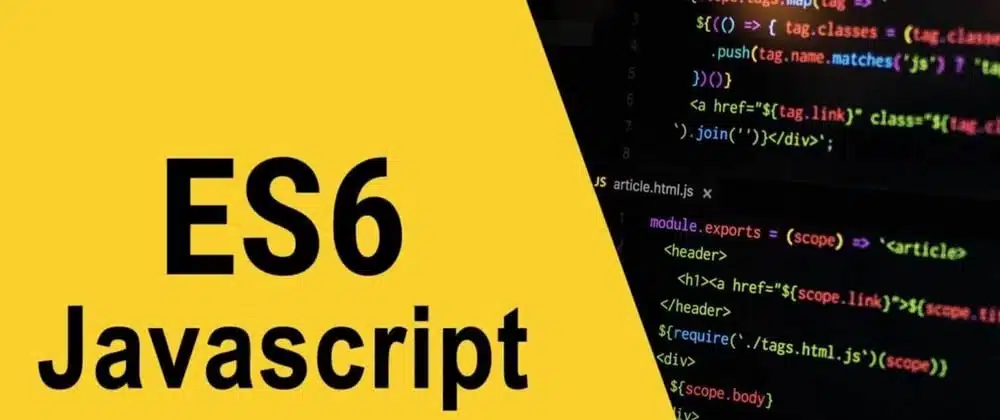
JavaScript remains the backbone of frontend development. Mastering ES6+ features is crucial for writing clean, efficient, and modern code.
Key Focus Areas:
- ES6+ Features: Destructuring, spread/rest operators, and template literals.
- Advanced Concepts: Closures, promises, and async/await.
- Modular Programming: Utilizing tools like Webpack and Vite for bundling and optimization.
🛠 Pro Tip: Practice building small projects to implement these features practically, such as a to-do app or a simple weather application.
Related Resources:
2. Component-Based Frameworks

Frameworks like React, Vue.js, and Angular dominate the industry. Understanding their core principles will enhance your productivity.
Key Focus Areas:
- Component Lifecycle: Learn how components are created, updated, and destroyed.
- State Management: Tools like Redux, Zustand, or Vuex for scalable state handling.
- Performance Optimization: Explore SSR (Server-Side Rendering) and SSG (Static Site Generation) for faster loading times.
📘 Recommended Resource: React Official Documentation.
3. In-Depth React Knowledge

React has become the go-to library for modern web applications. To stay competitive, dive deeper into its ecosystem.
Key Focus Areas:
- React Hooks: Master useState, useEffect, useReducer, and custom hooks.
- Context API: Manage global state effectively without external libraries.
- Performance Optimization: Techniques like memoization (React.memo, useMemo), lazy loading, and code splitting.
- React Query: Simplify data fetching and caching.
🛠 Challenge: Build a complete project like a task management app using React with hooks and state management.
Related Resources:
4. Responsive Design and CSS Frameworks
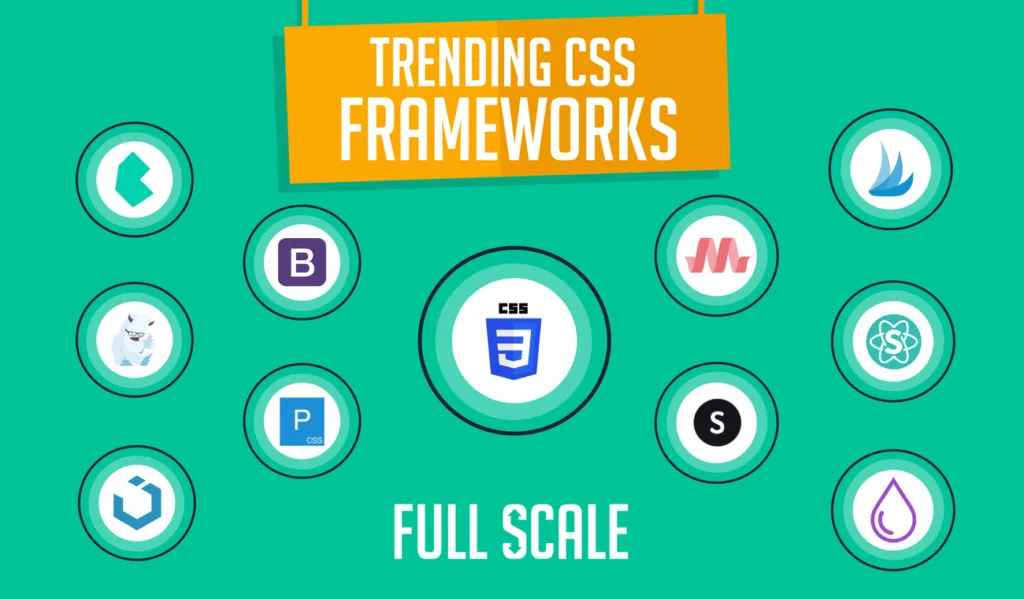
Responsive design is non-negotiable in a multi-device world.
Key Focus Areas:
- CSS Techniques: Master media queries, CSS Grid, and Flexbox.
- CSS Frameworks: Tailwind CSS, Bootstrap, and Material UI.
- Accessibility: Adhere to WCAG standards for inclusive designs.
🎨 Challenge: Build a fully responsive portfolio website that adjusts seamlessly across devices.
Related Resources:
5. Version Control with Git
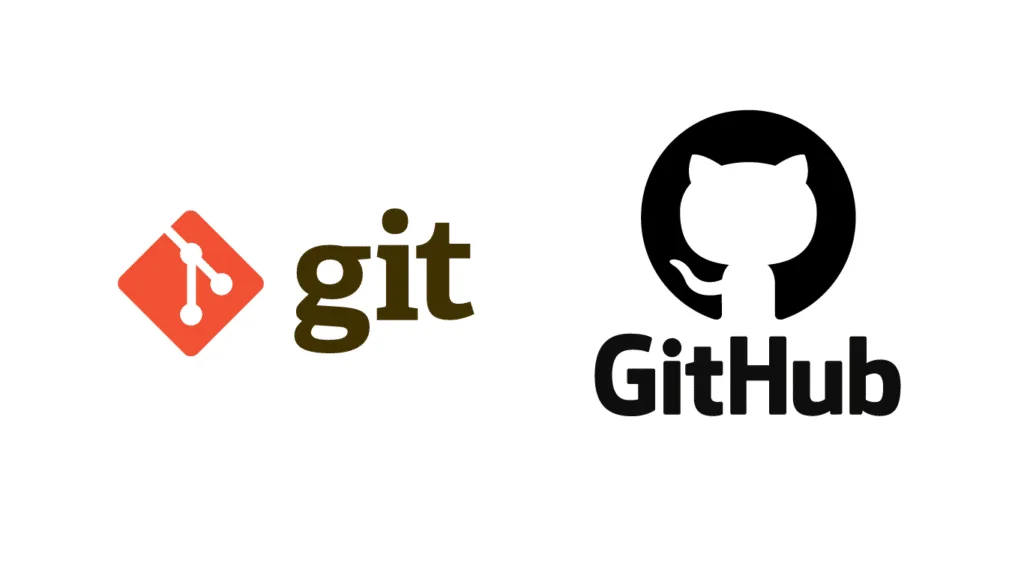
Version control systems are fundamental for collaboration and project management.
Key Focus Areas:
- Basic Commands: Clone, branch, merge, and rebase.
- Merge Conflict Resolution: Learn to resolve conflicts efficiently.
- Collaboration Tools: Use GitHub for pull requests and team collaboration.
🔗 Pro Tip: Contribute to open-source projects to refine your skills.
Related Resources:
6. APIs and Data Handling
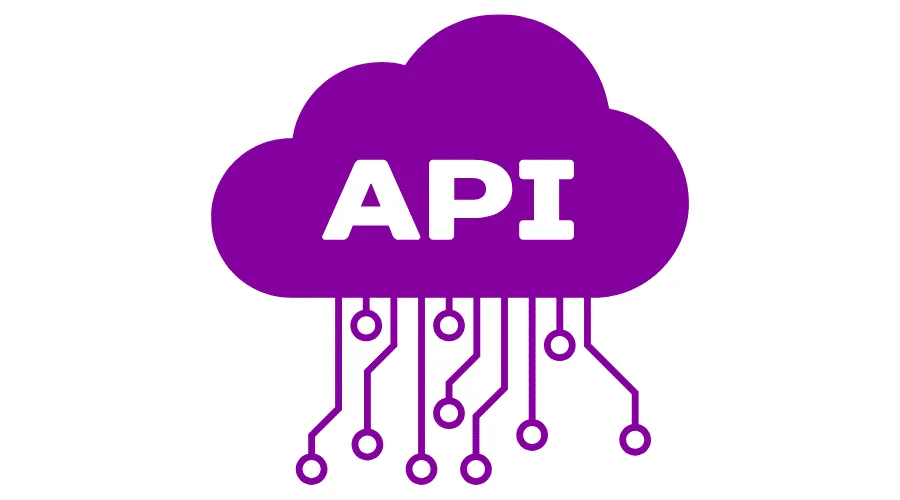
APIs are the backbone of dynamic web applications.
Key Focus Areas:
- RESTful APIs vs GraphQL: Understand their differences and when to use each.
- Data Fetching: Use fetch or libraries like Axios.
- State Management: Handle API responses effectively with tools like Redux or React Query.
🌐 Exercise: Build a weather app using a public API like OpenWeather.
Related Resources:
7. Testing and Debugging
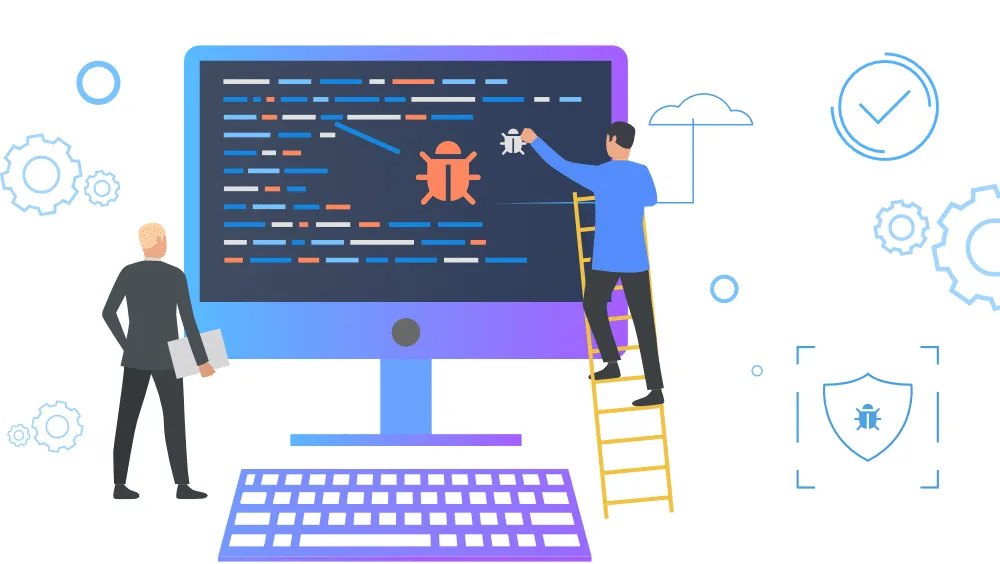
Ensuring code quality is essential for long-term success.
Key Focus Areas:
- Unit Testing: Use Jest or Mocha.
- End-to-End Testing: Tools like Cypress or Playwright.
- Debugging: Leverage browser developer tools.
🛠 Best Practice: Write tests for components as you build them.
Related Resources:
8. Performance Optimization
Faster websites lead to better user experiences.
Key Focus Areas:
- Lazy Loading: Defer loading non-critical resources.
- Image Optimization: Use modern formats like WebP.
- Performance Analysis: Tools like Lighthouse and Web Vitals.
⚡ Pro Tip: Regularly audit your projects for performance bottlenecks.
Related Resources:
9. Web Security Basics
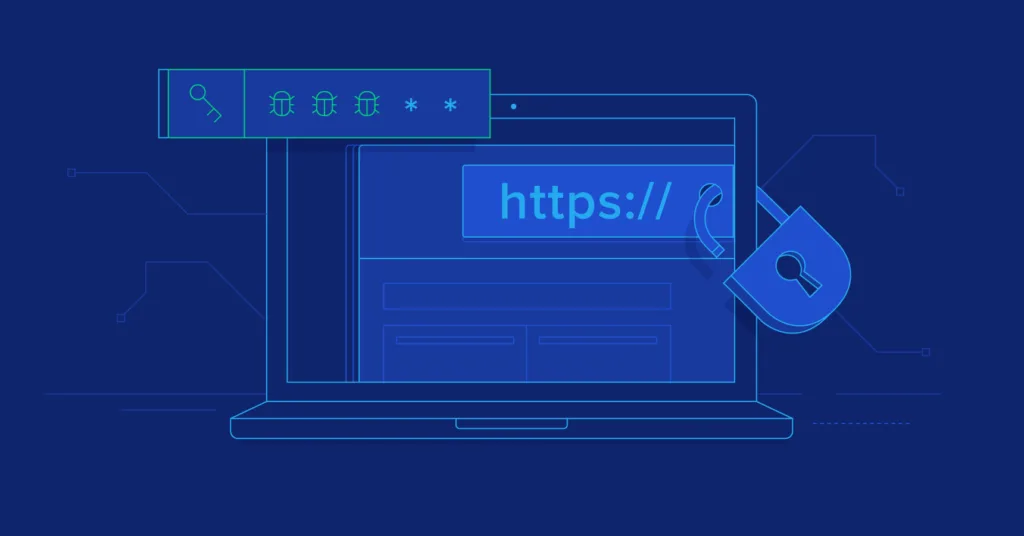
Protecting user data is critical.
Key Focus Areas:
- Cross-Site Scripting (XSS): Learn prevention techniques.
- CORS Policies: Configure securely.
- Content Security Policy (CSP): Enhance your application’s defense.
🔒 Challenge: Secure an existing project against common vulnerabilities.
Related Resources:
10. TypeScript
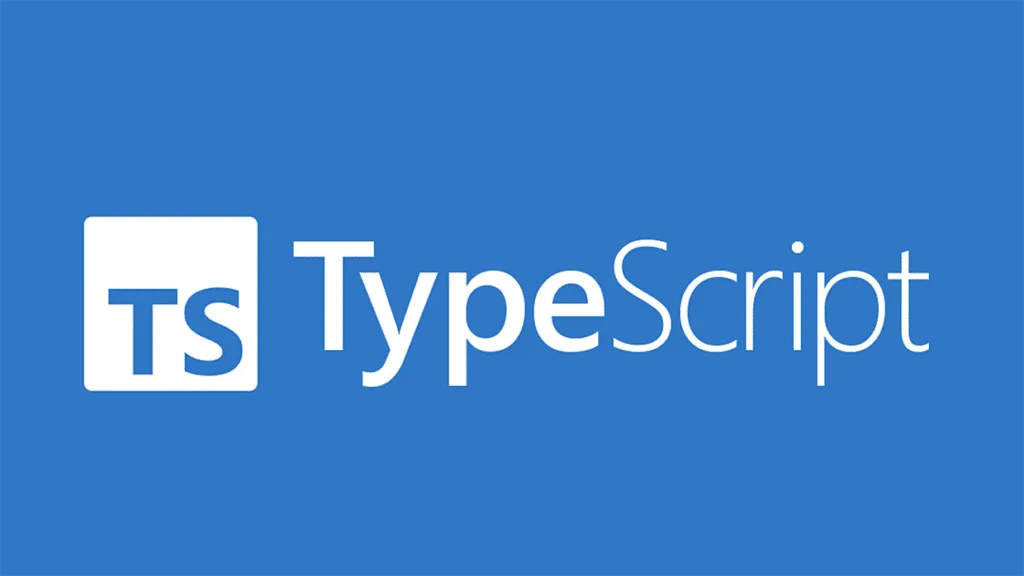
TypeScript is a game-changer for scalable and maintainable codebases.
Key Focus Areas:
- Type Annotations and Interfaces: Write safer code.
- Integration: Use with frameworks like React or Vue.
- Debugging: Leverage TypeScript’s robust tooling.
📘 Resource: TypeScript Handbook
11. Build Tools and CI/CD
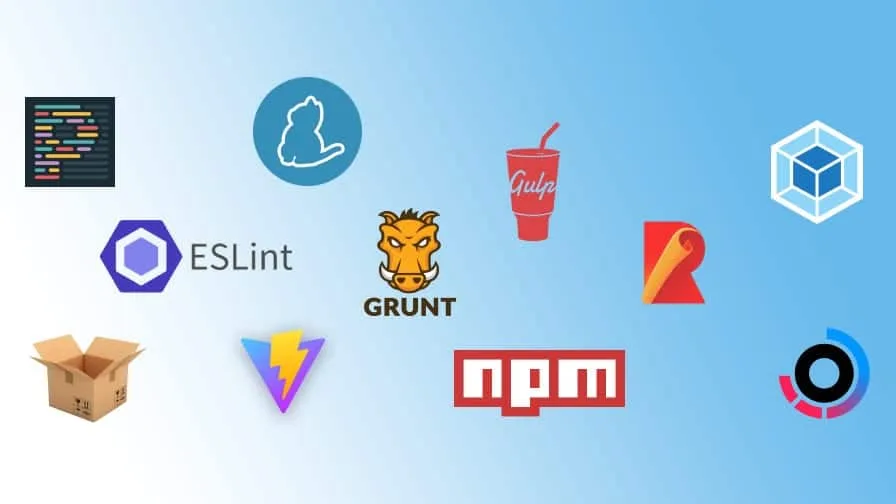
Streamline your workflow with modern tools.
Key Focus Areas:
- Build Tools: Explore Webpack, Vite, and Parcel.
- CI/CD Pipelines: Automate testing and deployment.
- Task Runners: Use npm scripts or Gulp for repetitive tasks.
🛠 Challenge: Set up a CI/CD pipeline using GitHub Actions.
Related Resources:
12. Real-Time Communication and WebSockets
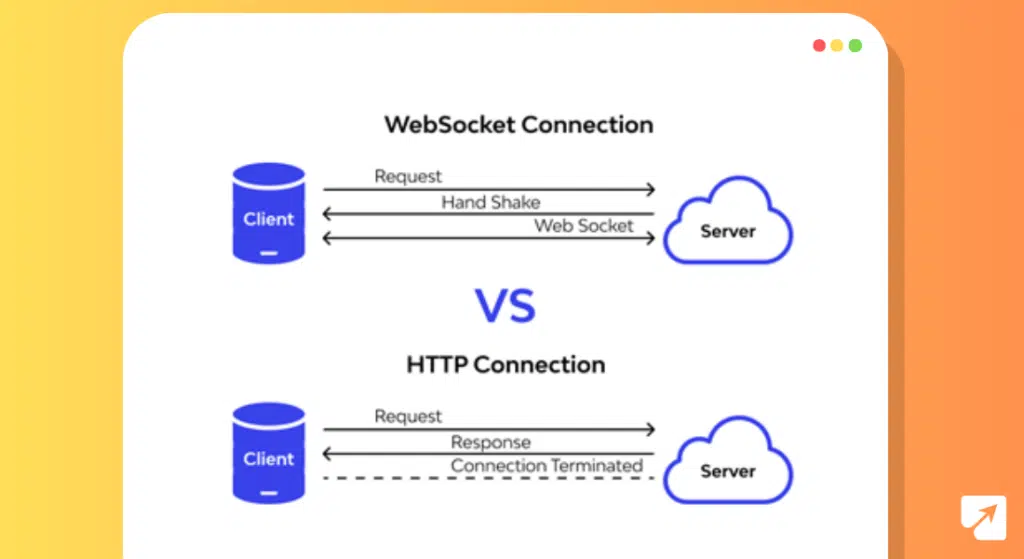
Enable dynamic interactions in your applications.
Key Focus Areas:
- WebSockets: Learn the basics of real-time communication.
- Libraries: Use Socket.IO for chat apps or notifications.
- React Integration: Build real-time updates into React apps.
🌐 Use Case: Develop a real-time chat application.
Related Resources:
13. Soft Skills for Developers
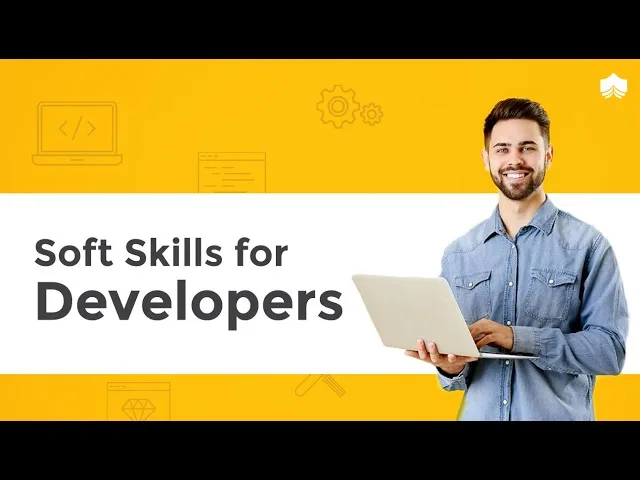
Technical skills alone aren’t enough. Soft skills can make a huge difference in your career.
Key Focus Areas:
- Communication: Work effectively in teams.
- Problem-Solving: Approach challenges methodically.
- Time Management: Prioritize tasks and meet deadlines.
🤝 Tip: Regularly participate in code reviews and team discussions.
Mastering these frontend topics will not only make you a strong developer but also prepare you for future trends. The key is consistency, practice, and staying updated. What’s your next step in this journey? Share your progress and insights in the comments below! 🚀

